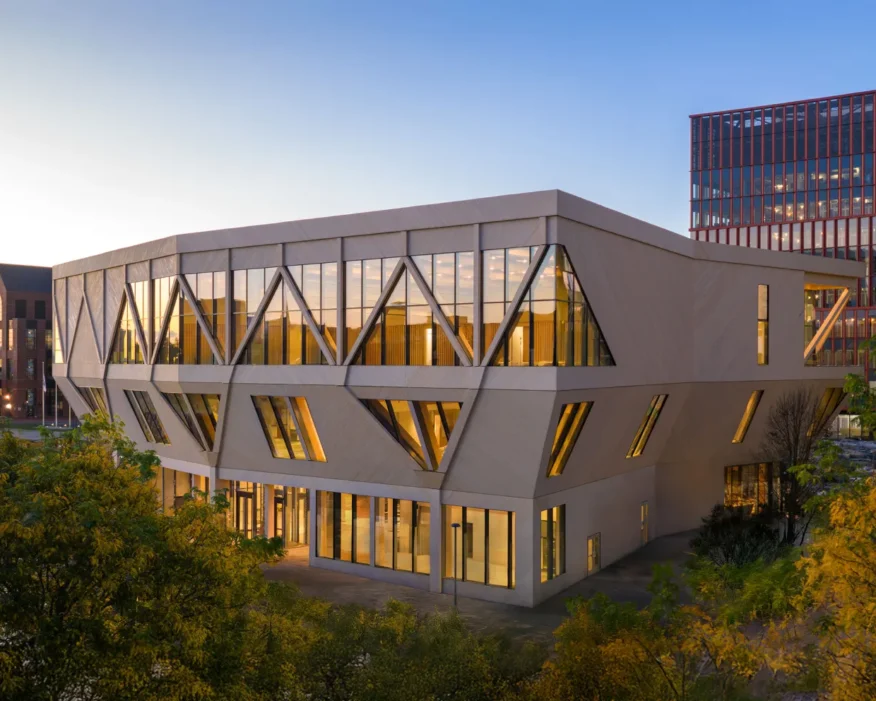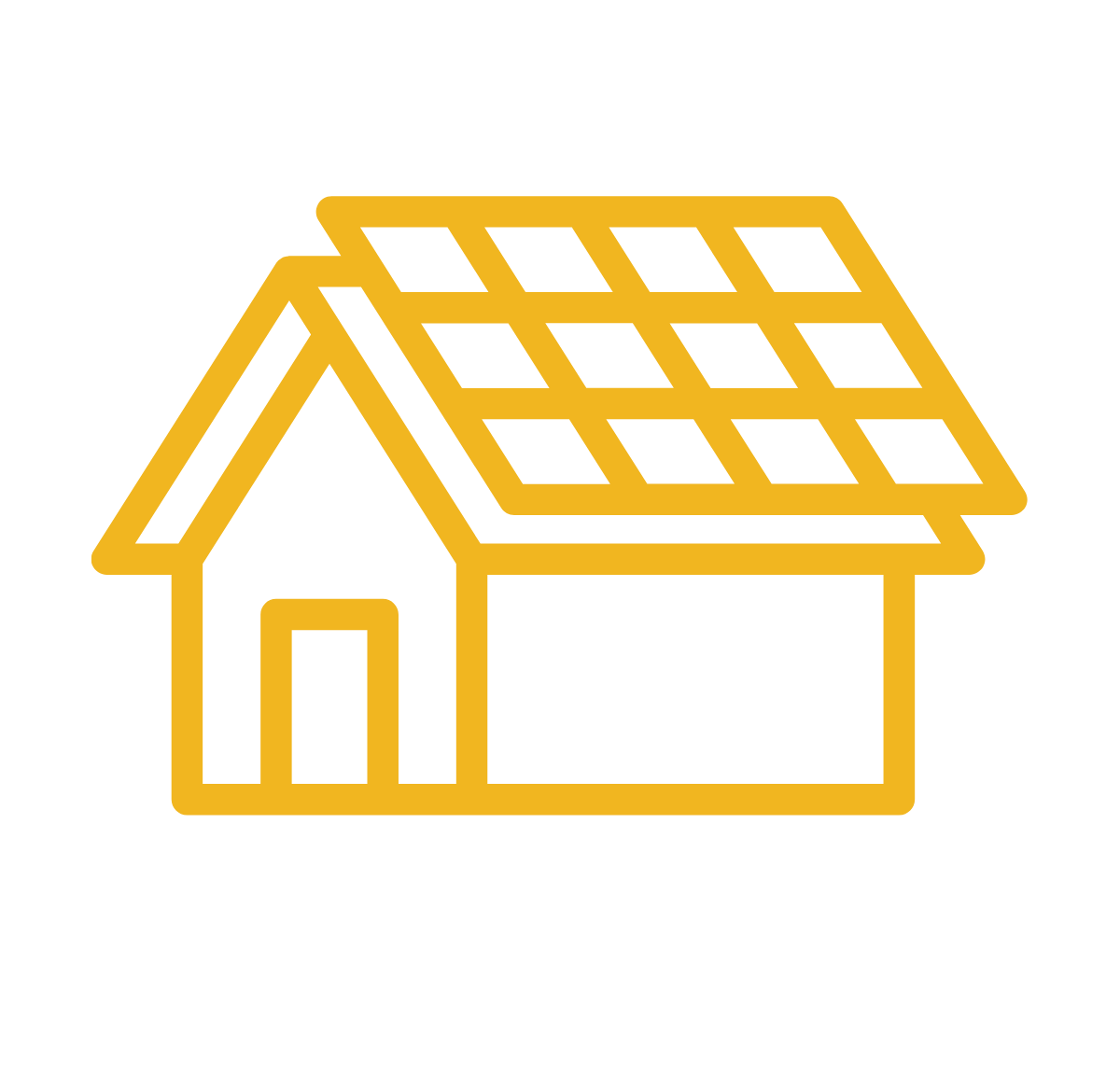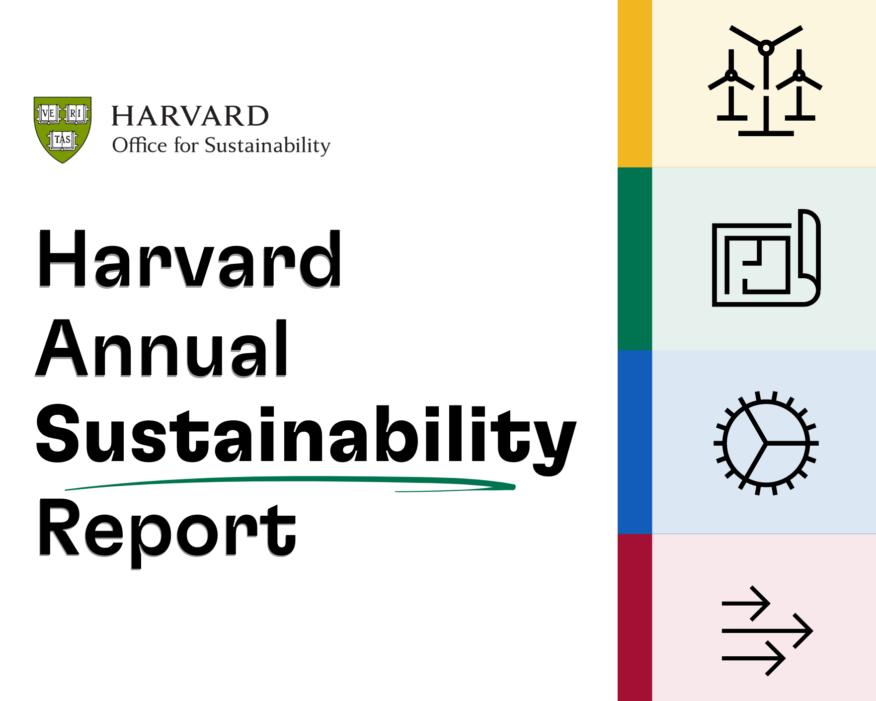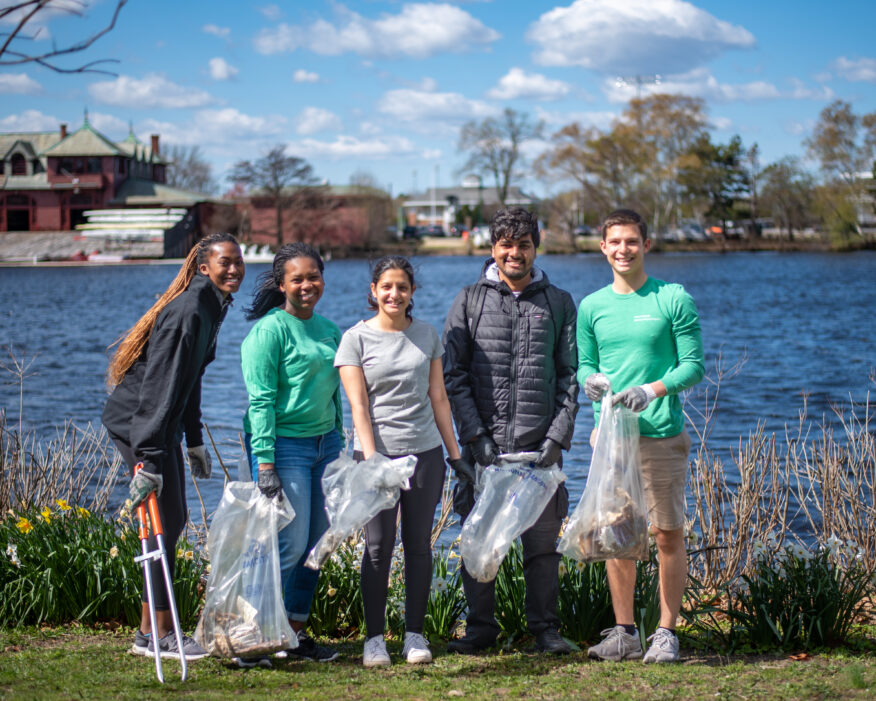Harvard Office for Sustainability
Accelerating Action for a sustainable future
OUR COMMITMENTS
A holistic approach to address climate, health, and wellbeing
Working to protect the climate and environment and promote the wellbeing of people at Harvard and beyond. Explore our mission and vision.
How We Power
Accelerating a fossil fuel-free Harvard and world.
How We Build
Harvard is accelerating sustainable building to enhance health, productivity, and quality of life on campus…
How We Operate
Harvard is accelerating new systems that enable healthier, low-carbon living—creating systems that can be scaled…
How We Lead
Harvard is generating and leveraging innovative knowledge to advance solutions to the climate crisis and…
Holistic Sustainable Building Standards
Harvard’s updated Sustainable Building Standards mark the most significant update since the standards were first developed in 2009. The holistic standards target Living Building Challenge (LBC) Core certification plus the Harvard Healthier Building Academy’s (HHBA) requirements for healthier materials, enhanced indoor air quality, future-proofing for a fossil fuel-free future, and climate resilience.

Facts and Figures
How we’re modeling sustainability

~40% emissions reduction/sq. ft.

1 LBC Core, 2 PHIUS, 155 LEED

3.22 MW of Solar PV Capacity
Annual Sustainability Report
We are using data to uncover new insights and drive continual improvements in how we operate our campus.

Sustainability at Harvard
Connect with OFS
Whether you are a student, staff member, alum, or simply interested in learning more about sustainability at Harvard, there are many opportunities to get involved and take action. Explore student opportunities and resources available.
